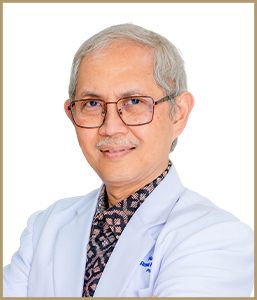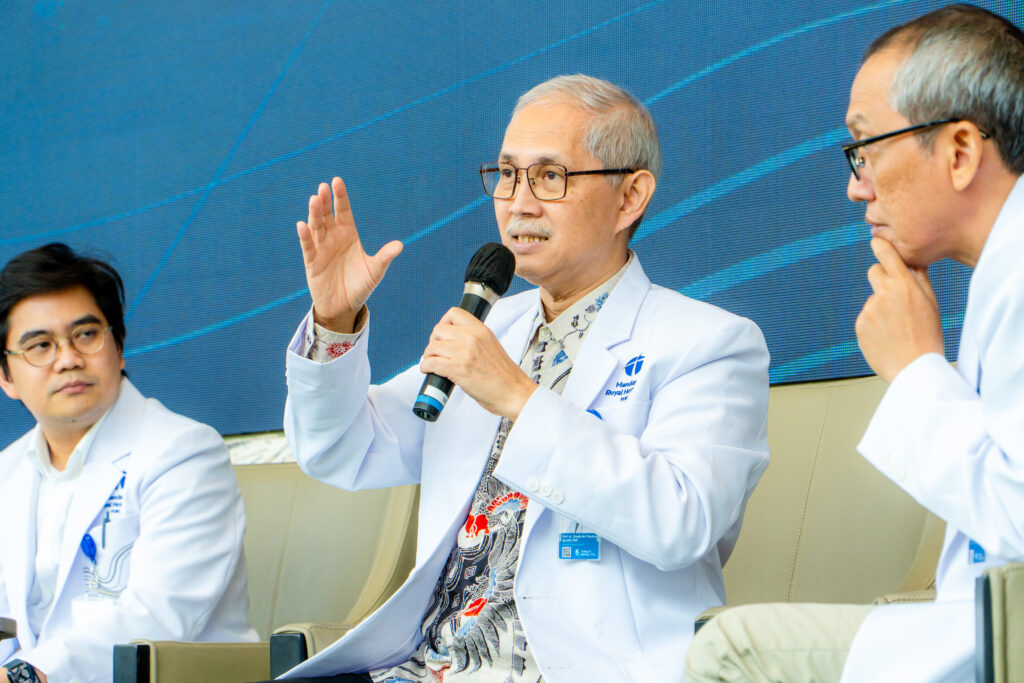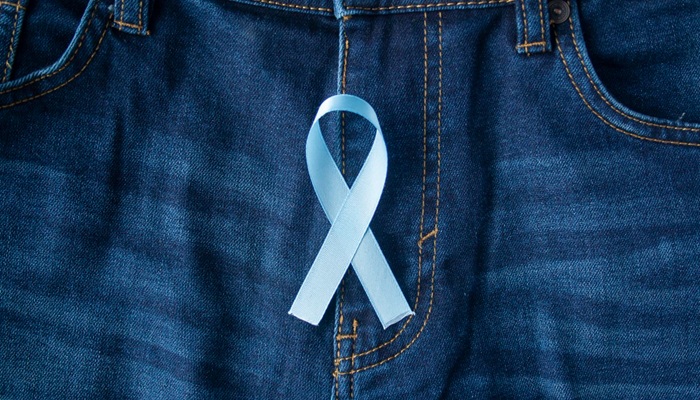Prostate cancer is a type of cancer that develops in the prostate gland — a small, walnut-shaped organ located below the bladder and in front of the rectum in men. It is one of the most common cancers among men, with around 13 out of every 100 men likely to develop it. The good news is that most cases are detected before the cancer spreads to other organs, making treatment outcomes significantly more successful. But the main question remains: Can prostate cancer be cured?
Contents
Can Prostate Cancer Be Cured?
Whether prostate cancer can be cured largely depends on how early it is detected. When found at an early stage — before it spreads to other parts of the body — the survival rate and recovery prospects are very high. In many cases, patients can return to normal life after treatment, as the cancer is completely eradicated.
Key facts to know:
- 99% of prostate cancer patients diagnosed before the cancer spreads survive for at least five years after diagnosis.
- In many early-stage cases, treatment can completely eliminate the cancer.
- However, if the cancer has spread to other organs (metastatic prostate cancer), the five-year survival rate drops to about 32%.
- With early detection and proper treatment, recovery from prostate cancer remains highly possible.
How to Detect Prostate Cancer
Since prostate cancer treatment outcomes improve greatly with early detection, it’s important to know how it can be diagnosed. Doctors typically perform several tests to confirm the presence of prostate cancer:
- Digital Rectal Exam (DRE): The doctor inserts a gloved, lubricated finger into the rectum to feel the prostate gland. Any hard area or lump may indicate potential cancer.
- PSA Blood Test (Prostate-Specific Antigen): The prostate produces a protein called PSA. Elevated PSA levels in the blood can signal prostate cancer, though they may also rise due to non-cancerous conditions like benign prostatic hyperplasia (BPH) or prostatitis (inflammation).
- Imaging Tests: MRI or transrectal ultrasound provides detailed images of the prostate and helps identify suspicious areas. These imaging results guide doctors in determining whether a biopsy is necessary.
- Prostate Biopsy: In this procedure, the doctor uses a needle to take small tissue samples from the prostate for lab analysis. A biopsy is the only definitive way to confirm prostate cancer and determine how aggressive it is. Genetic testing on the tissue sample can also help doctors plan the most effective treatment.
How Doctors Determine Prostate Cancer Severity
To evaluate the seriousness of prostate cancer, doctors use two key indicators: the Gleason score and cancer stage. These factors help determine how advanced the cancer is and guide treatment planning.
1. Gleason Score
The Gleason score measures how abnormal the cancer cells look compared to healthy prostate cells. The higher the score, the more aggressive the cancer. This scoring helps doctors assess the “grade” or malignancy level of the tumor.
2. Prostate Cancer Stages
Cancer staging helps doctors understand how far the cancer has progressed or spread:
- Localized: Cancer is confined within the prostate gland.
- Regional: Cancer has spread to nearby tissues or structures.
- Metastatic: Cancer has spread to distant organs.
Prostate cancer most often spreads to the bones and lymph nodes, but in advanced stages, it can also reach the liver, lungs, brain, and other organs.
Prostate Cancer Treatment at Mandaya Royal Puri Hospital by Prof. Chaidir


Mandaya Royal Puri Hospital provides an integrated prostate cancer care center led by Prof. dr. Chaidir Arif Mochtar, Sp.U(K), PhD, a urology specialist and uro-oncology consultant. He is a highly experienced expert in prostate cancer management, offering advanced treatment options, including:
- Radical Prostatectomy: This surgical procedure removes the prostate gland affected by cancer. It is often successful in curing prostate cancer that hasn’t spread to other parts of the body. The surgical approach is tailored to each patient’s condition.
- Lutetium-177 Therapy: Lutetium PSMA (Lutetium-177) nuclear therapy is an innovative treatment for advanced-stage prostate cancer that uses a radioactive substance called lutetium. Classified as a targeted therapy, it specifically attacks cancer cells while sparing healthy tissue, resulting in fewer side effects compared to conventional chemotherapy.
- Hormone Therapy: Since testosterone can promote prostate cancer growth, hormone therapy aims to lower or block testosterone production. In some cases, surgical removal of the testicles (orchiectomy) may be performed to permanently stop hormone production.
- Chemotherapy: This treatment uses special drugs to destroy cancer cells and is often combined with hormone therapy, especially for metastatic prostate cancer.
- Immunotherapy: Immunotherapy enhances the body’s immune system to better recognize and fight cancer cells. It is typically given to patients with advanced or recurrent prostate cancer.
- Targeted Therapy: This approach focuses on specific genetic mutations that drive cancer growth, such as BRCA gene mutations, offering more precise and effective treatment.
Prof. Chaidir’s Practice Schedule at Mandaya Royal Puri Hospital
Prof. dr. Chaidir Arif Mochtar, Sp.U(K), PhD is available at Mandaya Royal Puri Hospital on:
- Monday: 16.00 – 18.00 WIB
- Thursday: 16.00 – 18.00 WIB
To make your visit easier, you can use the Chat via WhatsApp, Book Appointment, or the Care Dokter app, available on Google Play and App Store, to check queue numbers and get complete information about your visit.



